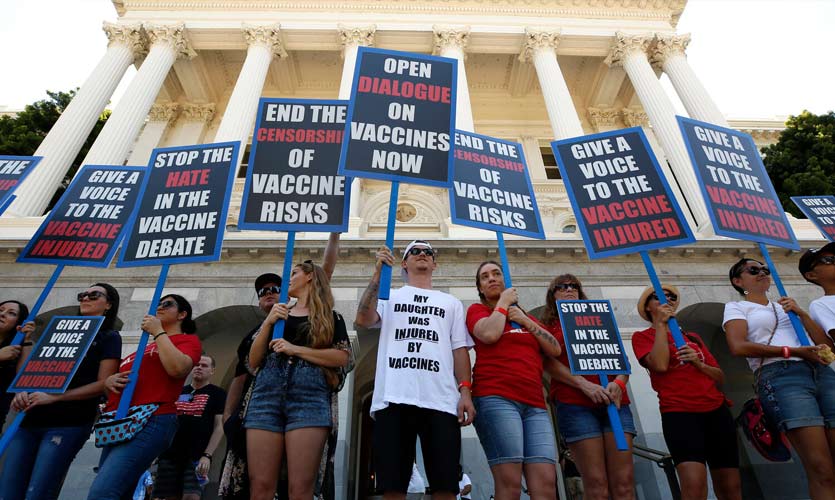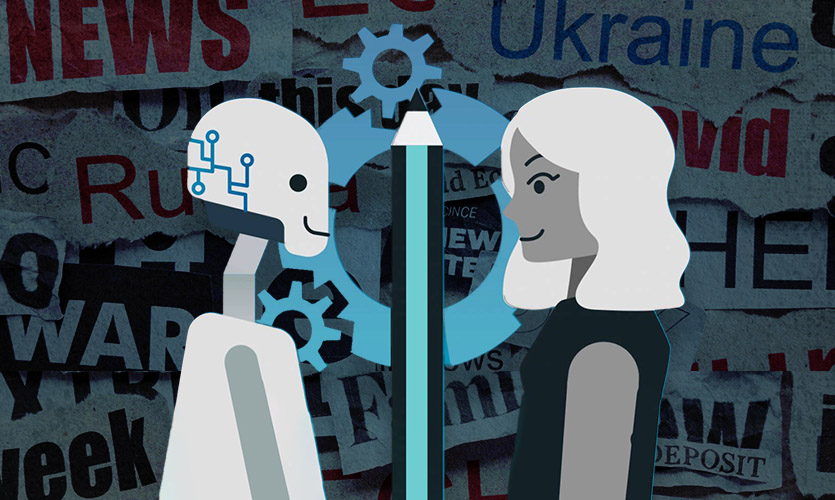With COVID-19 taking over the world in 2020, some of the most significant scientific brains worked together to develop the fastest ever vaccine in a bid to put the brakes on the pandemic. While there were a few successful in their attempts, giving us a slew of vaccine options, it brought along resistance from a section of people popularly known as anti-vaxxers.
Anti-vaxxers either question or deny the usage of vaccines in battling diseases, disregarding their scientific standing, deeming them unsafe. Vaccines have been proven to be the safest way of countering any disease, infectious or otherwise, but their validity or effectiveness has been a matter of debate amidst the anti-vaxxers since before COVID-19. The anti-vax movement is prevalent in many major countries including France, UK and the US. In fact, according to a UK-based research charity, the rich and developed countries have more anti-vaxxers compared to developing countries, stating that education and availability of information are not the key factors behind the movement.
The anti-vaccine community argues that vaccines are an infringement of human rights. The 18th century religious leaders of the US called vaccines “the devil’s work,” and their sentiments compounded in the following centuries. In light of the recent pandemic, dissent towards vaccines has increased. Many use social media platforms to openly reject vaccines. A recent report has suggested that over 31 million people follow anti-vaccine groups which spread misinformation about vaccines on Facebook. Some of their major beliefs are that diseases are connected to hygiene and sanitation, rather than vaccines, and that there is no way to guarantee 100 percent resistance to any disease. The minor feverish symptoms which follow every vaccine have also been at the core of their arguments, stating that the shots have several side effects. The World Health Organisation (WHO) has consistently provided facts and figures against these misinformed notions but the movement has persisted.
Anti-vaxxers argue that the government restricts their freedom of choice by forcing everyone to take vaccines/ People who have not contracted the virus use it as evidence to claim that the pandemic itself is a hoax, and that the authorities are using vaccines to control them. Some have even made bizarre claims that vaccines are laced with magnetic 5G microchips which will be used to track and monitor individuals.
From Australia and New Zealand to Belgium and France, thousands have taken to the streets to oppose the vaccine mandates put forward by their respective governments. While some of these were organized by leaders of opposition parties, others were taken up by citizens themselves. Many of these uncertainties among people are directed towards just Covid-19 vaccines and not the idea in general. “The government is going too far. I am vaccinated against diphtheria, tetanus, and polio. But the COVID vaccine is just too experimental,” one protester in France said. From ‘acts of violence’ by the government to calls for liberty, anti-vaxxers have found, and continue to find arguments to reject the shot.










